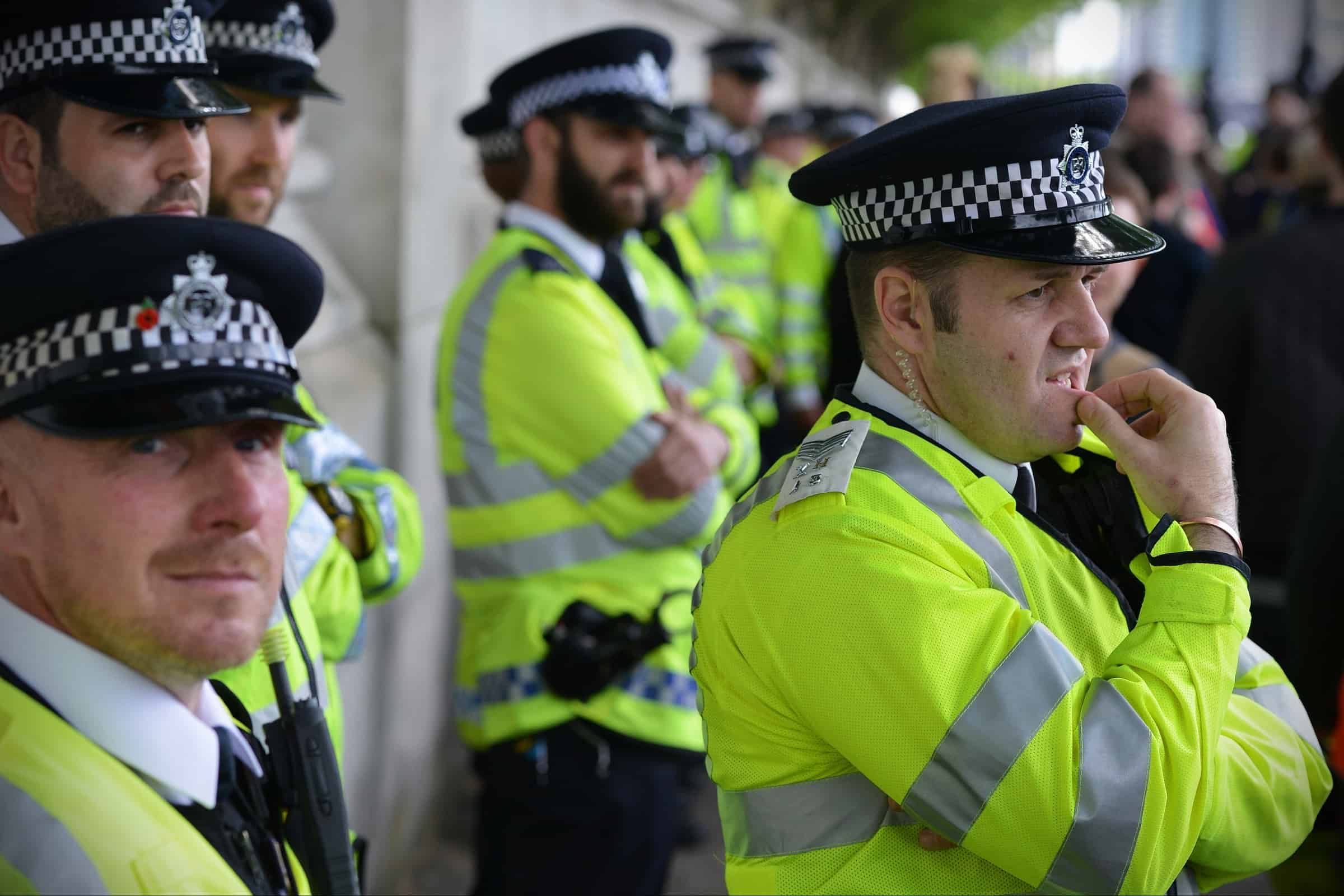
We have previously discussed whether or not MP’s should have bodyguards. In an interview with the Daily Mail published today, our Managing Director, John Moore, discussed the feasibility and necessity of close protection for high-profile public servants such as Professor Chris Whitty. This was in the light of the reported harassment of the Chief Medical Officer for England by two men in a park aggressively seeking a selfie and the subsequent revelation that he had been bombarded with threats and insults by protestors outside his home the previous day. Professor Whitty has been subjected to at least two other similar incidents this year. Nazir Afzal, the former chief prosecutor, has taken to Twitter to call for security details to protect Professor Whitty and other scientists advising the Government.
Quoting John’s original statement used in the article:
“Yes, I think Prof. Chris Whitty should have police protection certainly with the recent history of incidents towards him, this should have been in place already. But also, being such a prominent figure and essentially the face of the Government during the pandemic, the frustrated public will naturally blame him for the ongoing lockdown saga.”
“I believe someone as high-profile as him is at risk of being targeted by many groups, such as the anti-vaxxers, conspiracy theorists, or even those that have lost their jobs, friends, or family members due to Covid-19 and the lockdown. Especially as he is not currently receiving protection, hopefully that will change as of today.”
“The protection Prof. Whitty receives should be in line with the threats and risks highlighted recently, this could be a combination of 24-hour residential security at his home, a police advanced driver-trained security chauffeur and police armed bodyguard(s). Private security may be utilised to complement and plug gaps where the police are unable, but this is unlikely, predominantly it will be the Met Police Protection Command that would provide the security and covert armed bodyguards from Royalty and Specialist Command (RaSP).”
“This recent incident highlights the need for greater security around public and prominent figures, especially government advisors and officials such as MPs during times of national crisis and conflicting public opinion, Brexit and the coronavirus pandemic are prime recent examples, the Government should be proactive rather than reactive in providing protection for high-risk, high-profile individuals.”